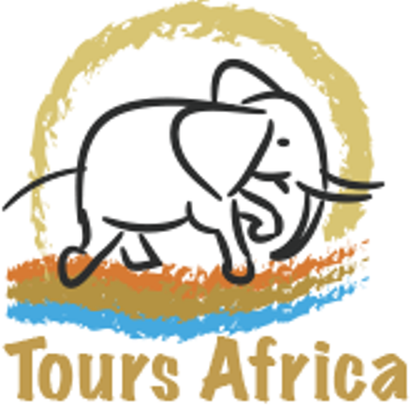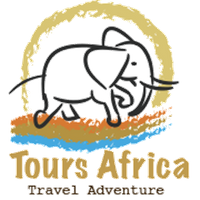
Break Away to the De Hoop Collection Nature Reserve.
Break Away To De Hoop Collection Nature Reserve.
My wife, Michele and I, decided that we needed a five day breakaway after all of the lockdowns, restrictions in travel and being cooped up in our home over the last ten or so months.
So, we decided to book a holiday to the De Hoop Nature Reserve, about 300km north from Cape Town and roughly 84km north of Cape Agulhas, which is the most Southerly point in Africa.
We had read that the reserve had a diversity of more than 1,500 plant species, endangered and rare Bontebok, Cape mountain zebra, rhebok, yellow mongoose, caracal and occasional leopard, as well as the only breeding colony of the rare Cape vulture. The fact that it was miles and miles away from civilization made it even more attractive!


We wanted some space to be able to walk around without masks, breathe the fresh coastal air and experience a rejuvenation of our mind, body and soul.
Experiencing the De Hoop Collection
Our journey from Cape Town took us a slow 3.5 hours as we stopped along the way for lunch.
Upon our arrival, we were greeted warmly by the staff and there was the obligatory temperature test and sanitizing. We were all done and checked in and handed our cottage keys within 5/10 minutes.
We had booked a two-bedroom self catering cottage. This accommodation at De Hoop Nature Reserve would be our home away from home for five days!

The next morning, as we were having our coffee outside at the braai area, we saw a scrub hare hopping along as though it had not a care in the world. Pheasants, guinea fowl and a host of other birds were also going about their morning activities. The only audible sounds were the sound of our heart beats and the chittering calls of the birds around us. We sat there for a good hour or two just taking it all in.


After breakfast, we walked off to reception to enquire about routes and activities that were available for self drive tours, to do some sight seeing.
Along the short five minute walk from our cottage to the reception we saw several bontebok and ostrich.
At reception we were informed that there were several activities that we could indulge in including a guided bird walk, an interpretive marine walk, guided mountain bike trails, and a hike up the Potsberg Mountain to view the endangered Cape Vultures. A lot to choose from, as well as many 4x4 routes.

An abundance of nature at De Hoop
We were also given the rundown about the reserve. The vlei is 16km in length and during flood years can support up to 30,000 birds.


Of the 260 bird species found here, 97 of them are water bird species including the endemic black oyster catcher, the rare Damara tern and Caspian terns. You can also see vulnerable Cape griffon vultures, Stanley's bustards and the globally threatened blue crane.
The De Hoop vlei is a Ramsar site of international importance where aquatic birds and other organisms can breed and feed without disturbance. The area also provides safe refuge for rare animals such as the bontebok, Cape mountain zebra, the rare Cape vulture and smaller predators and various bat species which breed in large caves along the Potsberg mountains.
We went for several drives during the next two days and we saw bontebok, Cape mountain zebra, eland and lots of ostrich.



There was also time to relax at the pool with their sun deck chairs, overlooking the vlei where we could watch the antics of the bird and animal life as they gathered around the vlei to quench their thirst.



There were also several self drive routes in and around the immediate vicinity of the the De Hoop Opstal Collection with the De Hoop vlei in the background and with lots of fynbos.


The cherry on top was the setting at the restaurant with their own wine cellar from which one can choose your wine to compliment your evening meal. The food was delicious, well presented and the service was excellent.



Leave a comment
Comments will be approved before showing up.






Petrus Jacobus van der Walt
Author